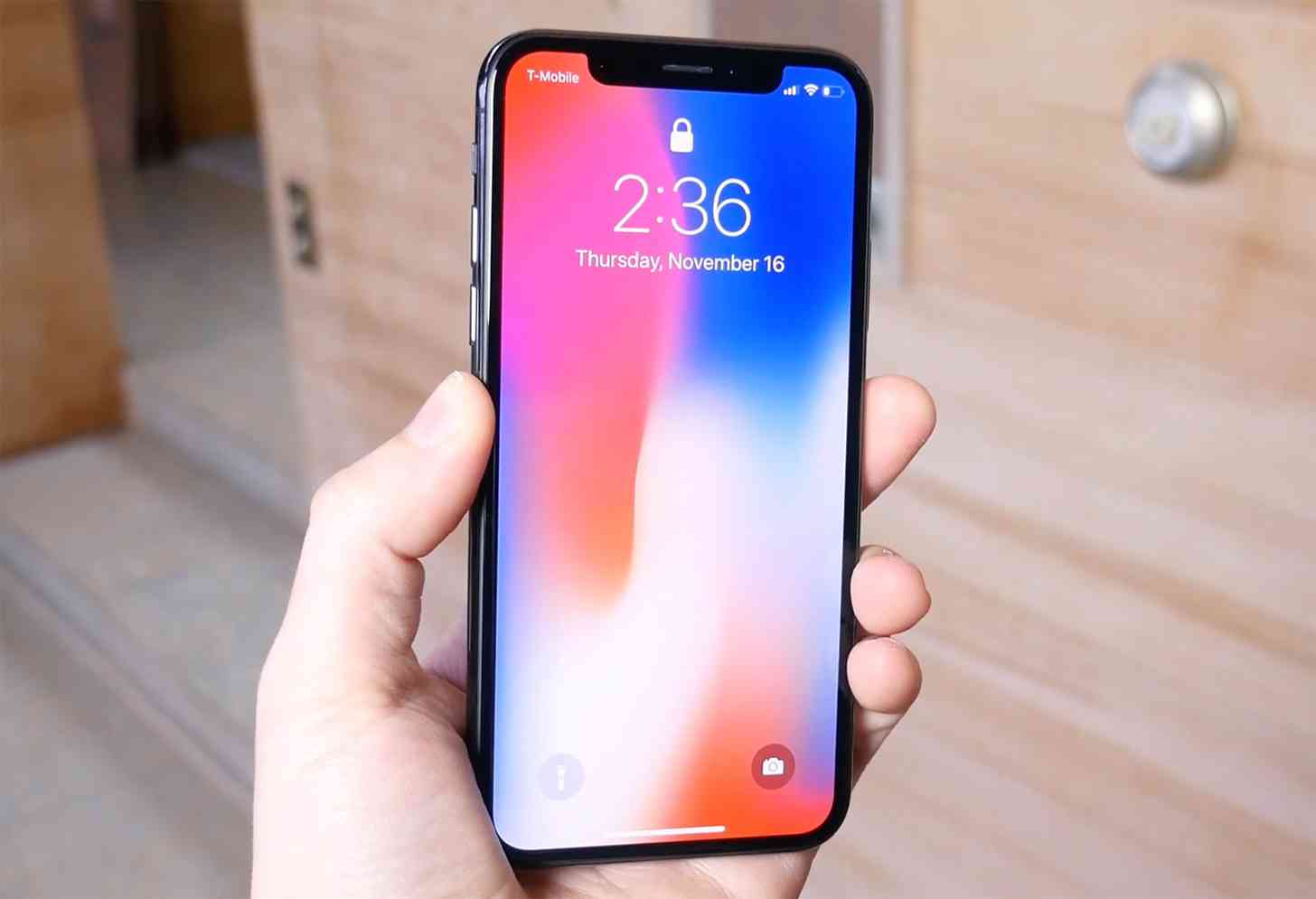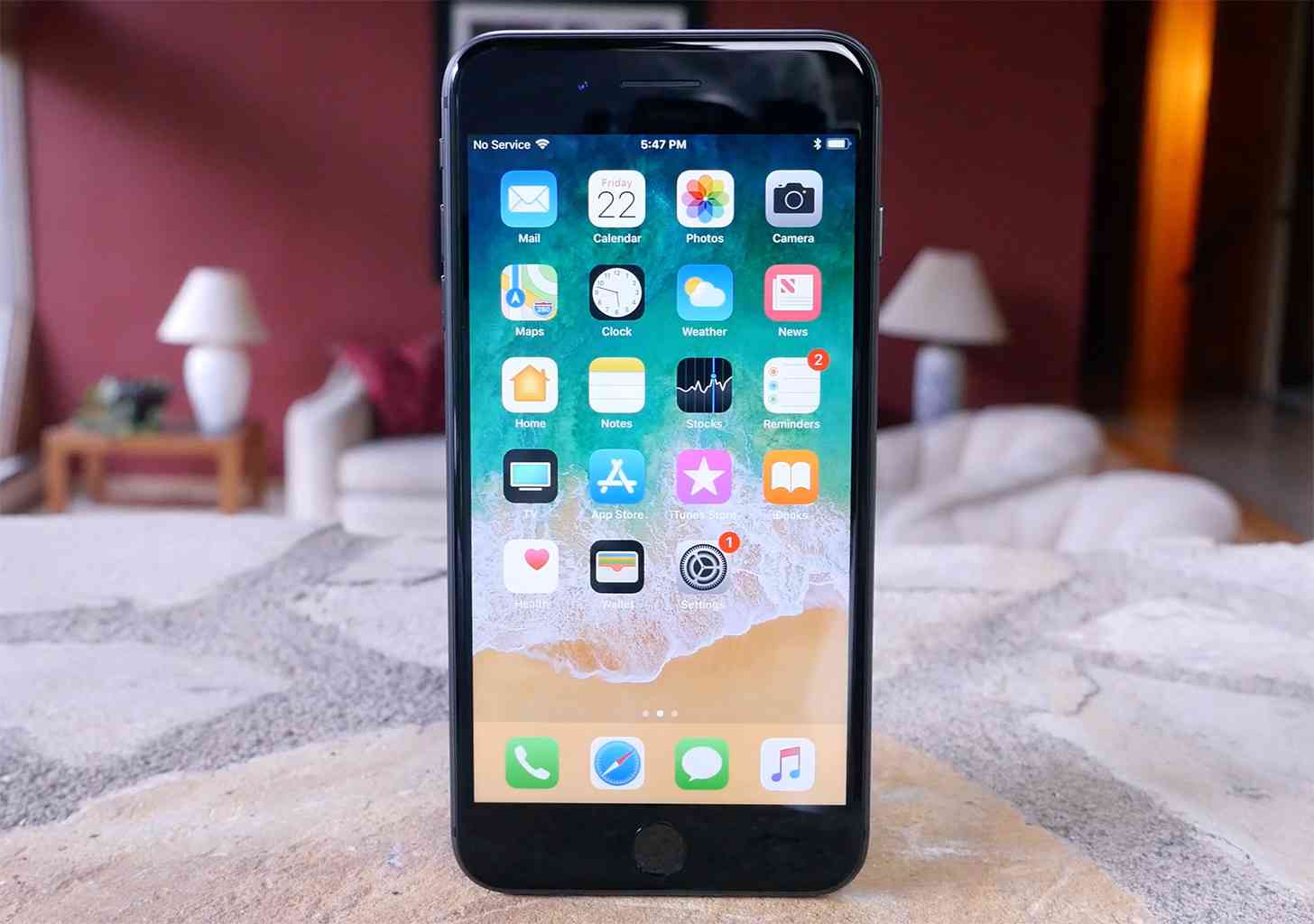
In recent months, Apple has been criticized for slowing the performance of older iPhones as their batteries age. The company explains that it does so in order to avoid unexpected shutdowns, but many people are still frustrated about the move.
The performance throttling affects iPhone 6, iPhone 6 Plus, iPhone SE, iPhone 6s, iPhone 6s Plus, iPhone 7, and iPhone 7 Plus models, and now Apple has explained how the throttling will affect newer phones.
Apple has confirmed that the iPhone 8, iPhone 8 Plus, and iPhone X will be subject to its "performance management system". However, these phones have "a more advanced hardware and software design" that gives a more accurate estimation of the phone's power needs and the battery's power capability to maximize system performance.

This results in a different performance management system in the iPhone 8, iPhone 8 Plus, and iPhone X that lets iOS better anticipate and avoid unexpected shutdowns. This means that the performance management may be less noticeable on the iPhone 8, iPhone 8 Plus, and iPhone X, says Apple.
"Over time, the rechargeable batteries in all iPhone models will diminish in their capacity and peak performance and will eventually need to be replaced," the company explains.
With the iOS 11.3 update, Apple is making improvements to battery health and how it's conveyed to the user. The Battery Health section of the Settings app will show the battery's maximum capacity and a section that'll tell you if performance management is being applied. If you'd like, you'll be able to disable this power management, but you may be susceptible to unexpected shutdowns.
iOS 11.3 is currently in beta and will roll out to the public this spring.